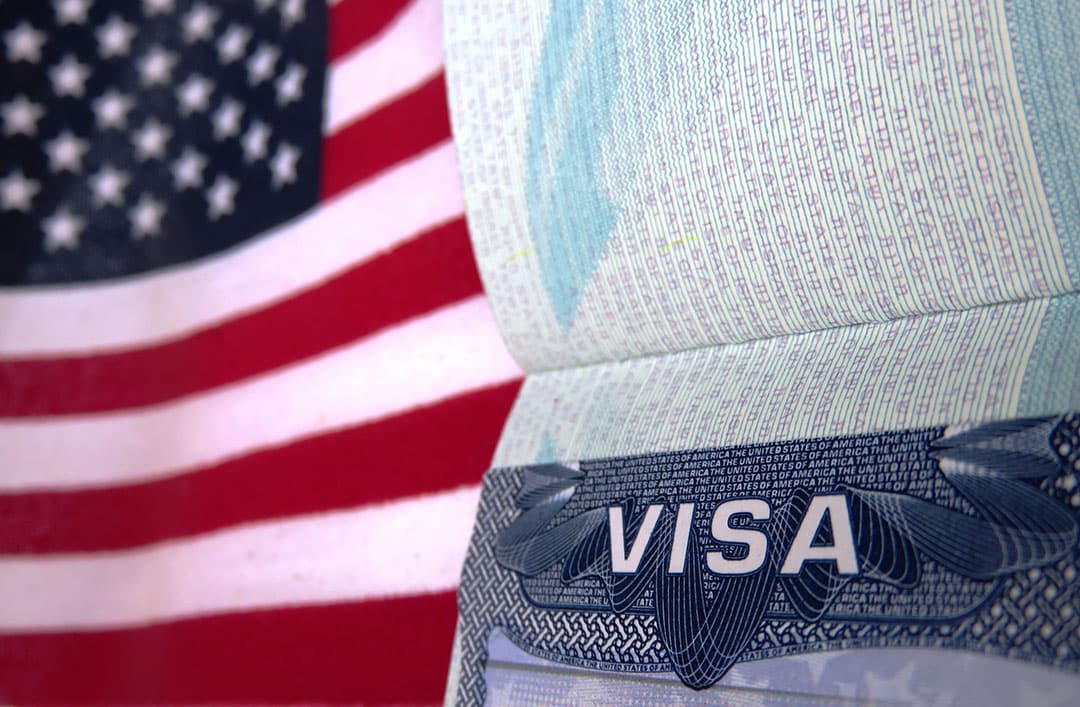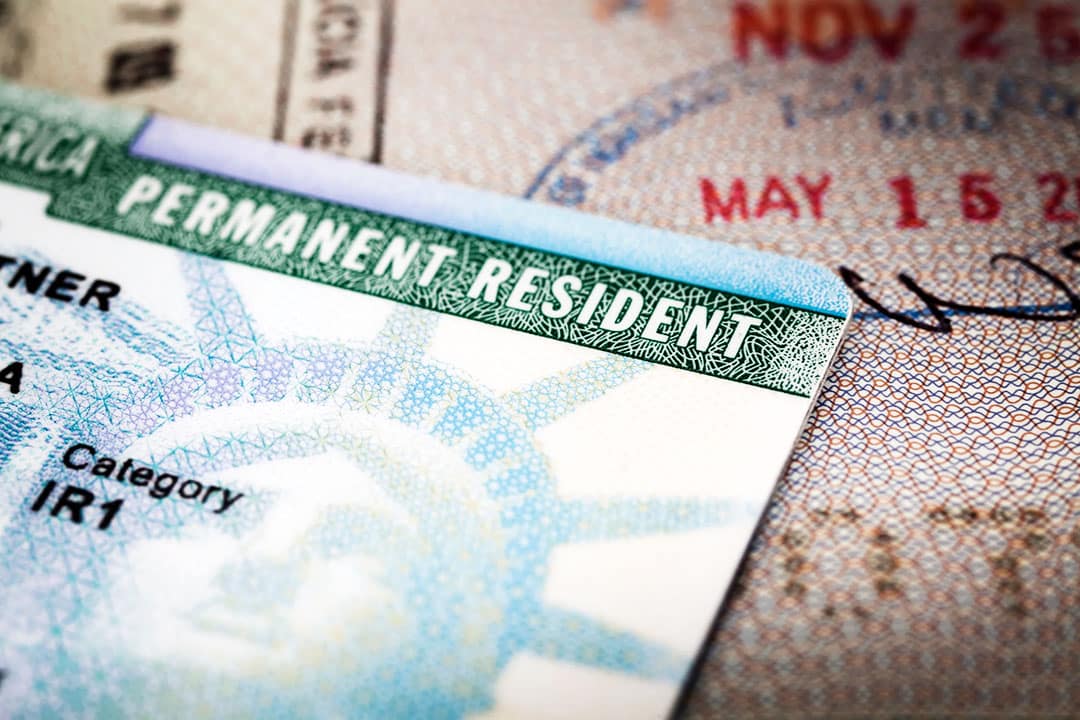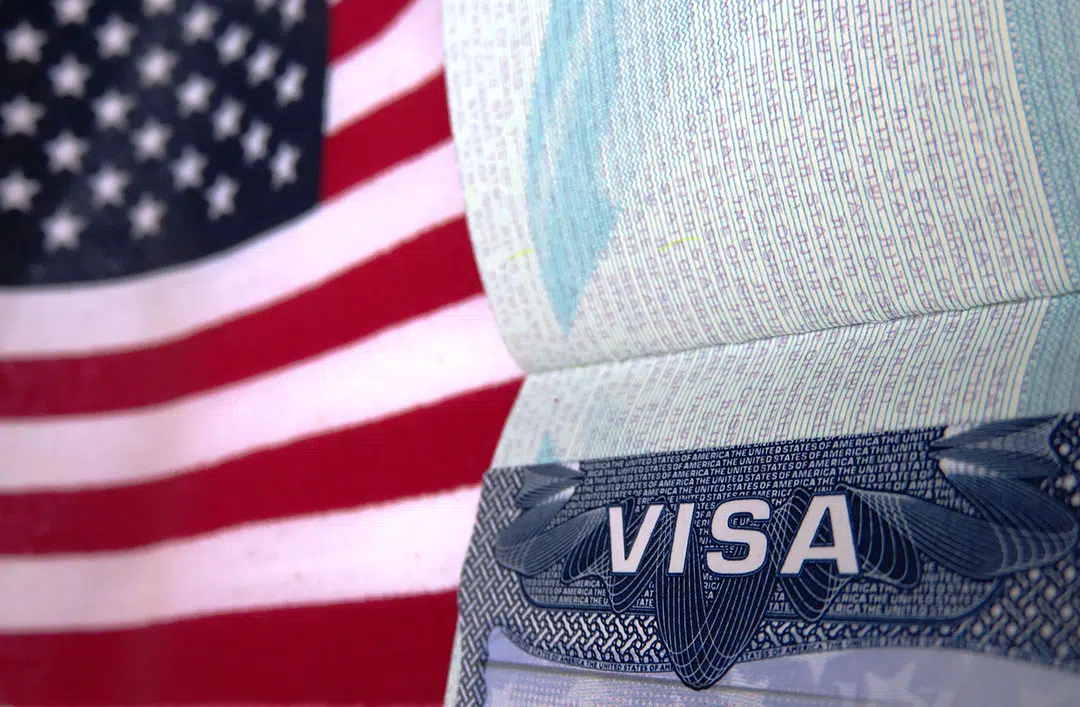USA Work Visas and Eligibility Requirements

If so, you will need a work visa to be able to work legally in the United States of America. Green cards (permanent residence), temporary work visas, seasonal work visas, and exchange worker visas are among the different types of work visas available to foreign nationals who wish to work in the United States. The type of job you have, whether or not you have an employment relationship, and in some cases, your place of origin, define the type of visa you are eligible for.
The procedures for obtaining a USA work permit differ depending on the type of visa and the visa eligibility requirements. Here’s everything you need to know about each type of US work visa, including eligibility requirements and criteria, and how to apply.
As these criteria are subject to change at any time, we have included links to official websites that will provide you with the most up-to-date information on limitations, quotas, and rules applicable to green card and visa applications.
The Green Card In The United States
A job or job offer can help you become a permanent resident (green card holder) in the United States.
There is also a lottery program, where a limited number of green cards are available to successful applicants. Some categories, however, require certification from the U.S. Department of Labor that there are not enough capable, willing, skilled, and available U.S. workers in the geographic area where the immigrant will be employed and that no U.S. workers will be displaced by foreign workers. Under U.S. immigration rules, foreign nationals can obtain a green card by working in the United States in a variety of ways.
Here are Examples of “Preferred Immigrant” Categories Based on Employment (EB):
(EB-1)
Priority employees, such as “foreign nationals with exceptional talent in the sciences, arts, education, business or sports; excellent professors and researchers; or certain multinational managers and executives.”
(EB2)
Foreign nationals in the professions with advanced degrees or outstanding talents (including applications for national interest exemptions) are given a second priority.
(EB3)
This is the third option for foreign nationals who are “skilled workers, professionals or other workers.”
(EB4)
Special immigrants such as religious workers, neglected or abused minors, officials or retired employees of certain international organizations, such as NATO, and certain family members are given a fourth priority.
(EB5)
Foreign nationals who have invested or are actively in the process of investing [amounts of at least] $1 million (or $500,000 in targeted employment areas) in a new business venture that will benefit the U.S. economy and generate at least 10 full-time positions for qualified employees.”
United States Work Visa Requirements
What is a United States work visa and why do you need one? A visa is a document that gives you permission to enter and travel to the United States.
Before visiting, working, or immigrating to the United States, a foreign national must obtain a U.S. visa. The visa allows you to enter the United States and, depending on the type of visa you receive, it may also allow you to work in the United States. A visa does not guarantee admission to the United States.
It does, however, mean that a consular officer at a U.S. embassy or consulate has determined that you are qualified to apply for admission for the reason stated in the visa. Visas are obtained from the U.S. Embassy or Consulate in your country of residence.
Green Card Lottery Programs
The annual Green Card Lottery (Diversity Immigrant Visa Program) gives potential immigrants the chance to become permanent legal residents of the United States. The Green Card Lottery is a program that awards green cards to randomly selected individuals each year through a lottery system.
Applicants must submit their applications well in advance of the day they wish to travel to the country.
Limited Duration Work Permit (Non-Agricultural)
Foreign employees working in non-agricultural fields may apply for temporary non-agricultural (H-2B) visas to work in the United States if there are not enough domestic workers to fill the position.
H-2B visas are generally used for temporary non-agricultural work, such as at ski resorts, hotels, resorts, or amusement parks.
Visits for Visitors in Exchange
Individuals who have been accepted to engage in employment- or education-based exchange visitor programs in the United States may apply for a nonimmigrant exchange visitor (J) visa.
These visas allow visitors to get a taste of life in America before returning home with a better understanding of American culture and lifestyle. Au pairs, camp counselors, students, interns, doctors, professors, academics, instructors, and trainees are all eligible for this visa category, according to the State Department.
Seasonal Agricultural Worker Visas
If there are not enough domestic workers, foreign farmworkers can apply for a U.S. Seasonal Agricultural Worker (H2-A) visa to work in the United States on a seasonal or temporary basis.
Immigrants must be from a country on the list of selected countries, and visas are only valid for three years.
Temporary Worker Visas (Skilled Workers)
Non-immigrant visas in the United States for talented and educated workers in specialized occupations are known as H1-B visas.
The H1-B visa allows foreign workers to work in the United States on a temporary basis for a specific company. To be considered, you must have a working relationship with your employer, work in a certain specialty occupation in demand, and be paid more than the prevailing wage for that position.
Right to Work in the United States
After obtaining the appropriate visa, you will need to obtain a work permit, also called an employment authorization document, to establish your right to work in the United States.
Employers will see this document as confirmation that you are legally entitled to work in the United States.
This document is not legal advice and should not be construed as such. State and federal laws are constantly changing. Therefore, the information on this page may not represent the laws of your state or the most recent revisions.




